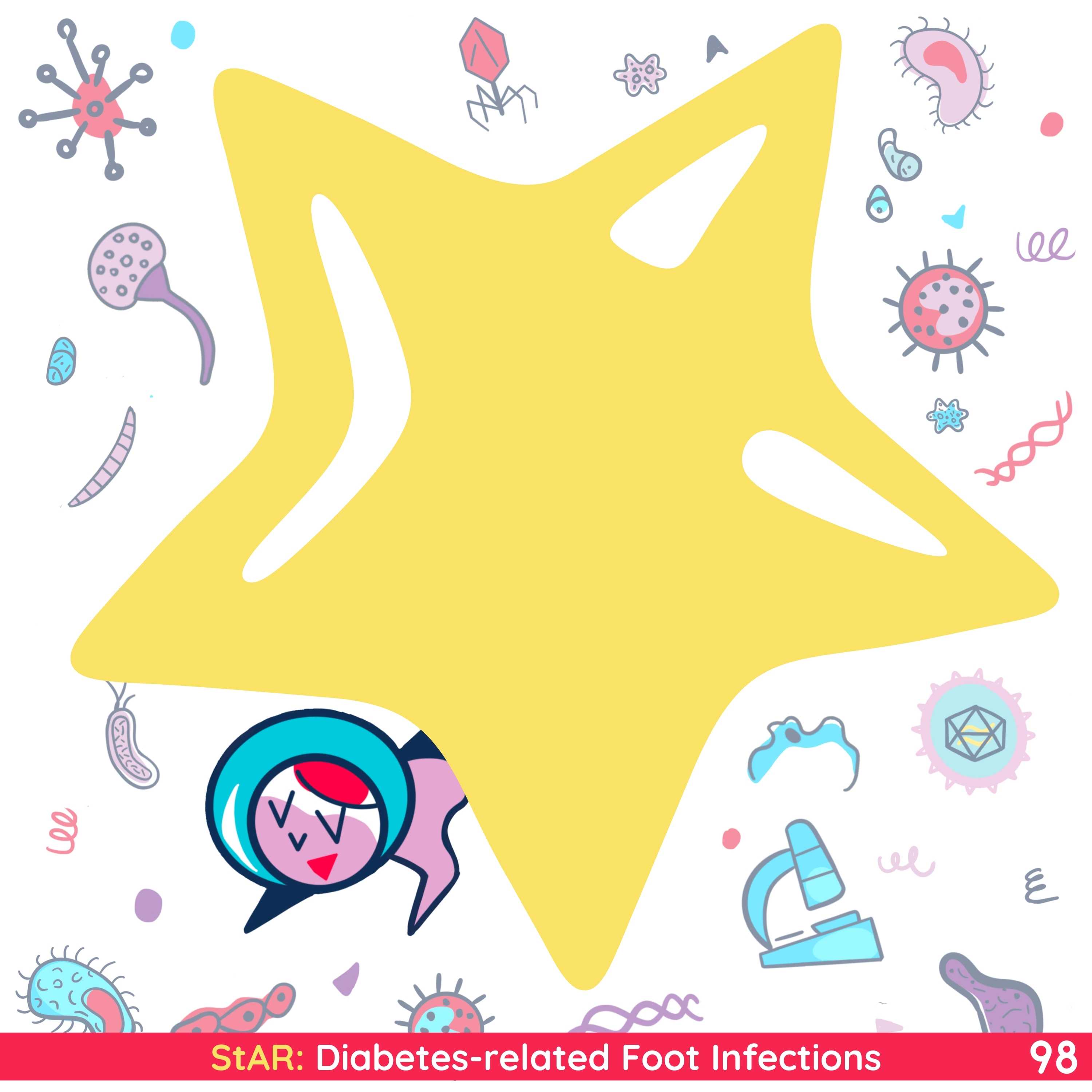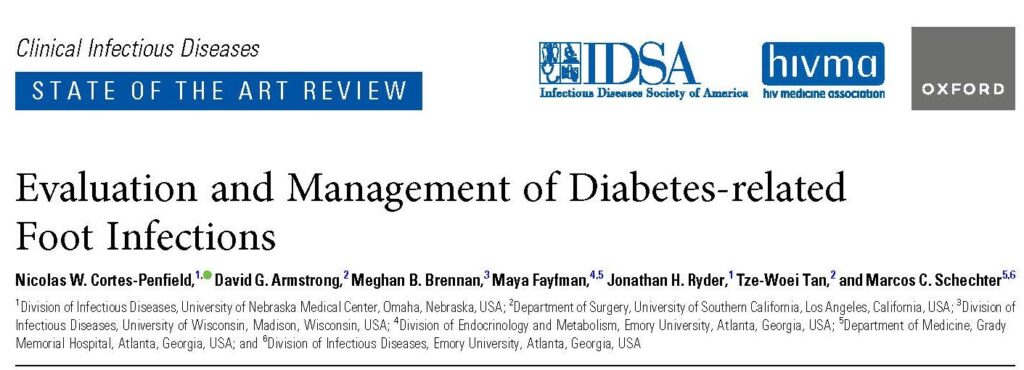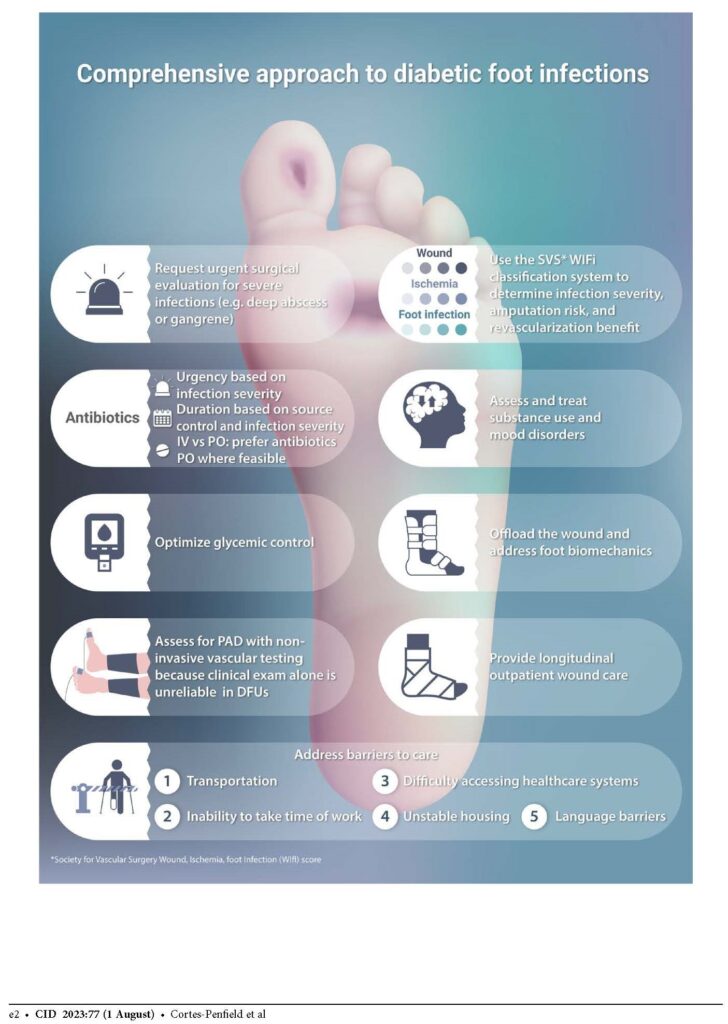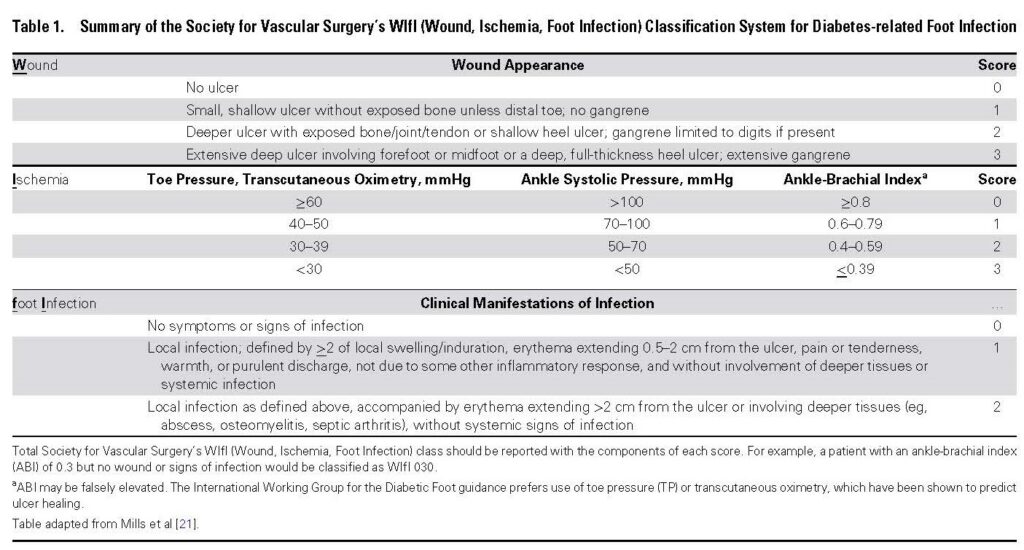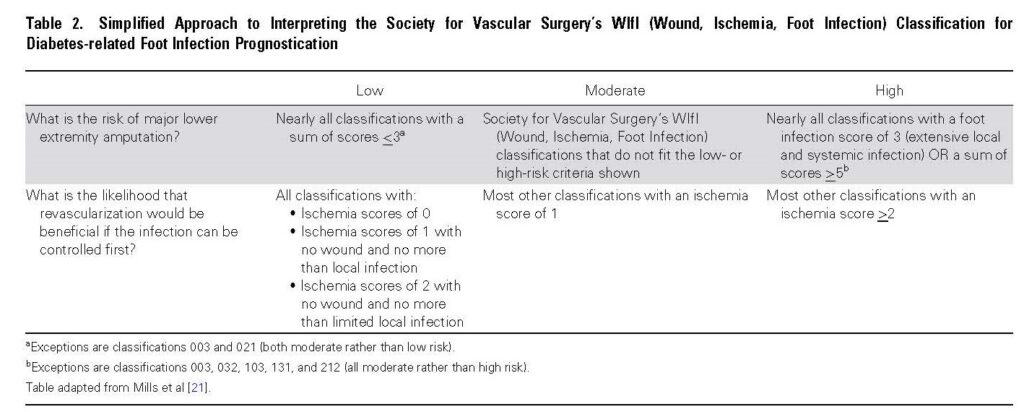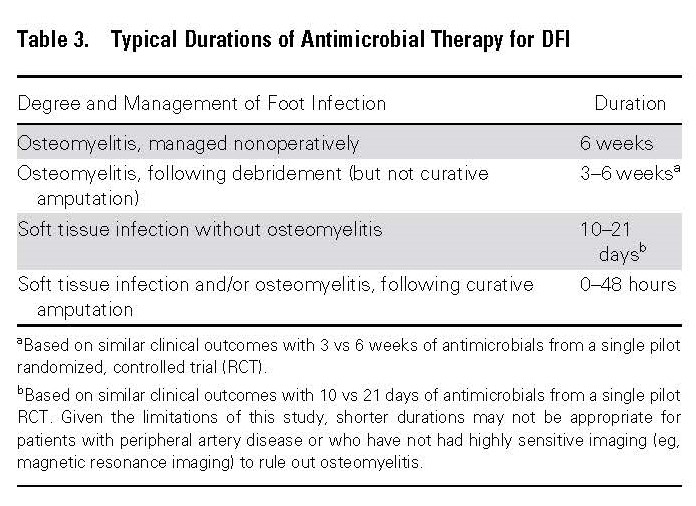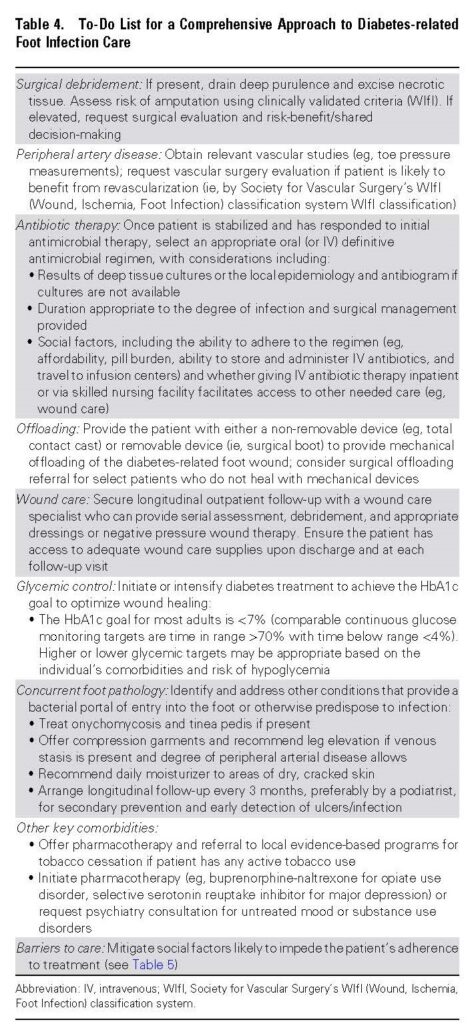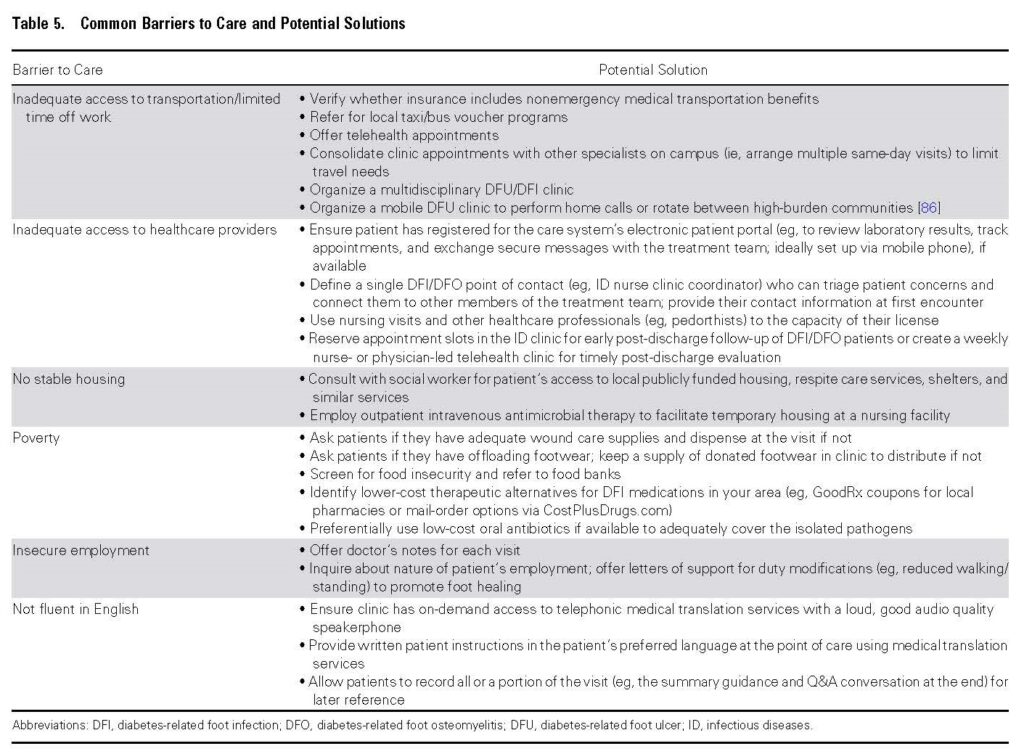Table of Contents
Credits
Host: Sara Dong
Guests: Meghan Brennan, Marcos Schechter, Tze-Woei Tan, David Armstrong
Content is based on the CID article featured in this episode with additional writing by Sara Dong
Audio Editing, Cover Art: Sara Dong
Produced by Sara Dong with support from the Infectious Diseases Society of America (IDSA)
Our Guests
Meghan Brennan, MD, MS
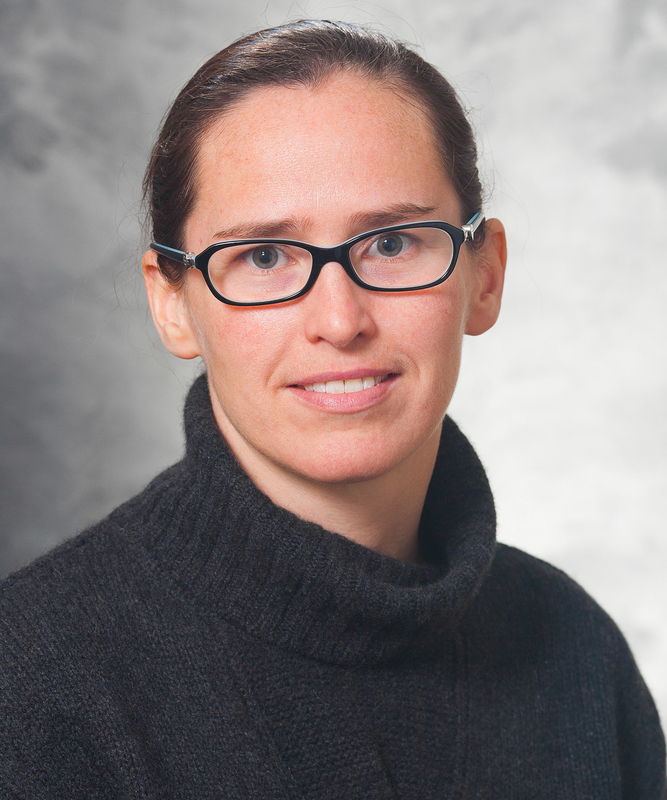
Dr. Meghan Brennan is an infectious diseases physician and health services researcher at the University of Wisconsin with a joint appointment at the VA Hospital. She completed medical school at the University of Vermont College of Medicine followed by internal medicine residency and ID fellowship at the University of Wisconsin. She is a member of the Preventing Amputations in Veterans Everywhere (PAVE) Committee at the William S. Middleton Memorial VA Hospital. Dr. Brennan is a recipient of the 2017 Association of America Medical Colleges (AAMC) Early Career Women Faculty Leadership Development Seminar Awardee. Dr. Brennan’s research focuses on the management of patients with diabetic foot ulcers. She co-directs the Madison VA’s diabetic foot ulcer clinic, a team of infectious disease providers and podiatrists working together to achieve limb salvage. She also conducts health services research on diabetic foot ulcers, specifically focusing on gaps in care amenable to health service interventions, and improving PCP-specialists and specialist-specialist collaboration to address this multifaceted problem.
Marcos Schechter, MD
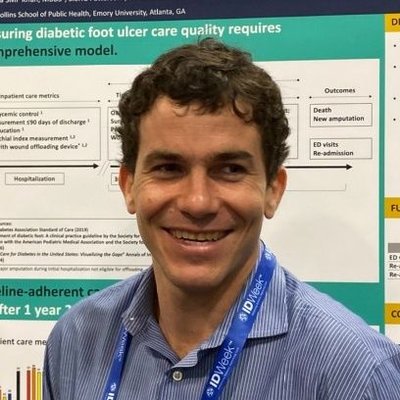
Dr. Marcos Schechter is an Infectious Diseases physician and Assistant Professor at Emory University School of Medicine. He practices at Grady Memorial Hospital in Atlanta, GA, a safety-net hospital that cares for a larger number of persons with diabetic foot infections. He earned his MD from Universidade Federal do Rio de Janeiro. He completed internal medicine residency at Johns Hopkins Hospital and his ID fellowship at Emory. His diabetic foot-related research interests include diagnostic tests to detect and characterize infections in addition to health care service delivery research.
Tze-Woei Tan, MBBS, MPH, FACS

Dr. Tze-Woei Tan is an Associate Professor of Clinical Surgery and Director of the Limb Salvage Research Program at Keck Medicine of the University of Southern California (USC). He is double board certified in Vascular Surgery and General Surgery. He received his medical degree from the University of Melbourne Medical School in Australia. He completed general surgery residency at Brown University and then went on to a fellowship in vascular surgery at the Boston University School of Medicine. Dr. Tan is an avid researcher with interest in health disparities. He is leading a NIH-supported research program exploring how to reduce limb loss/amputation in peripheral artery disease and diabetes. He has extensive clinical experience in minimally-invasive procedures and open surgery to treat peripheral artery disease and carotid artery disease, as well as an interest in complex hemodialysis and vascular access.
David Armstrong, DPM

Dr. David Armstrong is Professor of Surgery with Tenure also at Keck Medicine at University of Southern California and an internationally recognized leader in the field of podiatry, diabetic foot, limb preservation, tissue repair, and wound healing. Dr. Armstrong holds a Master of Science in Tissue Repair and Wound Healing from the University of Wales College of Medicine and a PhD from the University of Manchester College of Medicine, where he was appointed Visiting Professor of Medicine. He is founder and co-Director of the Southwestern Academic Limb Salvage Alliance (SALSA). He has produced >600 peer-reviewed research papers, and he is also Director of USC’s National Science Foundation funded Center to Stream Healthcare in Place (C2SHiP), which places him at the merger of consumer electronics, wearables, and medical devices in an effort to maximize hospital-free and activity-rich days.
Dr. Armstrong was selected as one of the first six International Wound Care Ambassadors and is the recipient of numerous awards and degrees by universities and international medical organizations including the inaugural Georgetown Distinguished Award for Diabetic Limb Salvage. In 2008, he was the 25th and youngest-ever member elected into the Podiatric Medicine Hall of Fame. He was the first surgeon to be appointed University Distinguished Outreach Professor at the University of Arizona. He was the first podiatric surgeon to become a member of the Society of Vascular Surgery and the first US podiatric surgeon named fellow of the Royal College of Surgeons, Glasgow. He is the 2010 and youngest ever recipient of the ADA’s Roger Pecoraro Award, the highest award given in the field. Dr. Armstrong is past Chair of Scientific Sessions for the ADA’s Foot Care Council, and a past member of the National Board of Directors of the American Diabetes Association. He sits on the Infectious Disease Society of America’s (IDSA) Diabetic Foot Infection Advisory Committee and is the US appointed delegate to the International Working Group on the Diabetic Foot (IWGDF). Dr. Armstrong is the founder and co-chair of the International Diabetic Foot Conference (DF-Con), the largest annual international symposium on the diabetic foot in the world. He is also the Founding President of the American Limb Preservation Society (ALPS), a medical and surgical society dedicated to building interdisciplinary teams to eliminate preventable amputation in the USA and worldwide.
Culture
- Meghan is happy about spring in Wisconsin and saw her first robin recently.
- Marcos shared his rediscovery of music after listening to so many podcasts. He shared an album from Michel Camilo, check it out here: https://www.youtube.com/watch?v=mdm3qO-OTWc
- David shared one of his favorite podcasts called “In Our Time” on BBC featuring Melvyn Bragg. Here’s a link to the Lewis Carroll episode he mentioned: https://www.bbc.co.uk/programmes/m001w7f9
- Tze-Woei likes to travel
Consult Notes
Welcome to this Febrile StAR episode!
These StAR episodes feature discussions with authors from State-of-the-Art Review articles from the Clinical Infectious Diseases journal (CID).
This episode is based on: Nicolas W Cortes-Penfield, David G Armstrong, Meghan B Brennan, Maya Fayfman, Jonathan H Ryder, Tze-Woei Tan, Marcos C Schechter, Evaluation and Management of Diabetes-related Foot Infections, Clinical Infectious Diseases, Volume 77, Issue 3, 1 August 2023, Pages e1–e13, https://doi.org/10.1093/cid/ciad255
Journal companion article – Executive summary link: https://academic.oup.com/cid/article/77/3/335/724251
You can check out the figures below
You can see a summary of the WIfI score in Table 1 (Society for Vascular Surgery Wound, Ischemia, Foot Infection Classification System for diabetes-related foot infection). David shared in the episode how you can use this language to frame and communicate whether you are dealing with a tissue loss dominant, wound dominant, or infection dominant process.
Here are the other figures:
A few other links and resources
- Here are the IWGDF/IDSA guidelines on the diagnosis and treatment of diabetes-related foot infections: Éric Senneville, Zaina Albalawi, Suzanne A van Asten, Zulfiqarali G Abbas, Geneve Allison, Javier Aragón-Sánchez, John M Embil, Lawrence A Lavery, Majdi Alhasan, Orhan Oz, Ilker Uçkay, Vilma Urbančič-Rovan, Zhang-Rong Xu, Edgar J G Peters, IWGDF/IDSA Guidelines on the Diagnosis and Treatment of Diabetes-related Foot Infections (IWGDF/IDSA 2023), Clinical Infectious Diseases, 2023;, ciad527, https://doi.org/10.1093/cid/ciad527
- Marcos mentioned the Society for Vascular Surgery app, which you can find at “SVS iPG”: https://apps.apple.com/us/app/svs-ipg/id1014644425
- A paper on MRSA nares screening in patients with diabetic foot infection: Mergenhagen KA, Croix M, Starr KE, Sellick JA, Lesse AJ. Utility of Methicillin-Resistant Staphylococcus aureus Nares Screening for Patients with a Diabetic Foot Infection. Antimicrob Agents Chemother. 2020;64(4):e02213-19. Published 2020 Mar 24. doi:10.1128/AAC.02213-19
- A recent RCT on surgery or endovascular therapy for chronic limb-threatening ischemia: Farber A, Menard MT, Conte MS, et al. Surgery or Endovascular Therapy for Chronic Limb-Threatening Ischemia. N Engl J Med. 2022;387(25):2305-2316. doi:10.1056/NEJMoa2207899
- More info on VA INTREPID:
- Investigation of Rifampin to Reduce Pedal Amputations for Osteomyelitis in Diabetics (VA INTREPID) at clinicaltrials.gov: https://clinicaltrials.gov/study/NCT03012529
- Bessesen MT, Doros G, Henrie AM, Harrington KM, Hermos JA, Bonomo RA, Ferguson RE, Huang GD, Brown ST. A multicenter randomized placebo controlled trial of rifampin to reduce pedal amputations for osteomyelitis in veterans with diabetes (VA INTREPID). BMC Infect Dis. 2020 Jan 8;20(1):23. doi: 10.1186/s12879-019-4751-3. PMID: 31914940; PMCID: PMC6950878.
- A recent paper from David on the image-based debridement looking at presence of porphyrins from common wound pathogens: Armstrong DG, Edmonds ME, Serena TE. Point-of-care fluorescence imaging reveals extent of bacterial load in diabetic foot ulcers. Int Wound J. 2023 Feb;20(2):554-566. doi: 10.1111/iwj.14080. Epub 2023 Jan 28. PMID: 36708275; PMCID: PMC9885466.
- Marcos quoted Ben Lipsky “In diabetic foot infections antibiotics are to treat infection, not to heal wounds”
- A Medscape article featuring David and the “foot selfie”
DF Blog from SALSA
Infographics
Goal
Listeners will be able to take a comprehensive and multidisciplinary approach to diabetic foot infections
Learning Objectives
After listening to this episode, listeners will be able to:
- Define the components of the Society of Vascular Surgery (SVS) WIfI classification system to determine infection severity, amputation risk, and revascularization benefit
- Understand most diabetes-related foot infections are polymicrobial and that duration of antibiotic therapy depend on degree of foot infection
- Describe the spectrum of surgical treatment of DFI, which is performed in a stepwise manner
- Discuss the importance of offloading wounds and providing longitudinal outpatient wound care
Disclosures
Febrile podcast reports no relevant financial disclosures.
Potential conflicts of interest are noted in the CID article as well as reproduced below:
Marcos Schechter receives grant support from the National Institute on Minority Health and Health Disparities.
Meghan Brennan reports grants from the National Institute of Diabetes and Digestive and Kidney Disease; Veterans Affairs Cooperative Studies Program; University of Wisconsin, Department of Medicine Medical Education Innovation Grant; and the Agency for Healthcare Research and Quality; a travel stipend from the Infectious Diseases Society of America to speak at IDWeek 2022; a role as an unpaid advisor to the American Diabetes Association’s Foot Care Interest Group; and payment from the National Medical Research Council, Ministry of Health, Singapore.
Tze-Woei Tan reports grants or contracts from the American Society of Diagnostic and Interventional Nephrology, New England Research Institute (sub-National Heart, Lung, and Blood Institute), and the Centers for American Indian and Alaska Native Health.
Maya Fayfman (co-author, not on podcast) reports a grant or contract from the American Diabetes Association.
All remaining authors: No reported conflicts of interest.
Citation
Brennan, M., Schechter, M., Tan, T., Armstrong, D., Dong, S. “#98: StAR: Diabetes-related Foot Infections.” Febrile: A Cultured Podcast. https://player.captivate.fm/episode/46e6e398-323e-4acc-b272-a6c43efb1382


